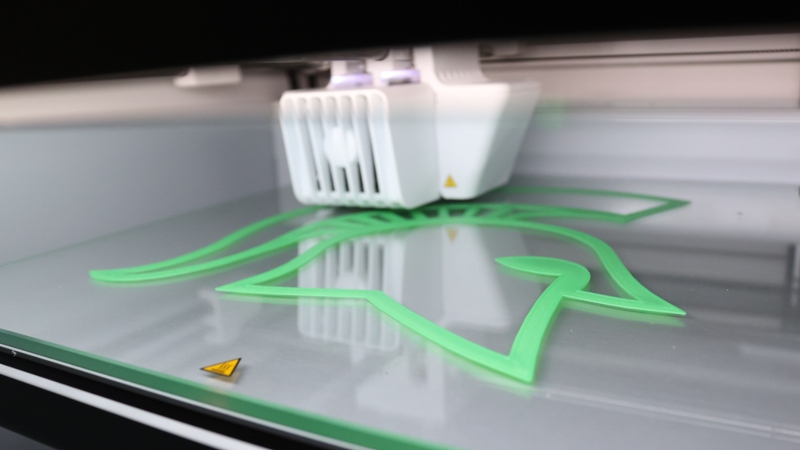
What is technology engineering?
Love building things? Curious about robotics? Interested in solving real-world challenges with engineering technology?
The technology engineering major at MSU blends hands-on projects with the latest in robotics, cybersecurity and smart systems — preparing you for a future in industries where software meets hardware.
This innovative program combines mechanical, electrical, and computer engineering with computer science. You’ll gain a strong engineering mindset and get hands-on experience with cutting-edge engineering technology.
- Hardware Cybersecurity, Electronics and Embedded Systems Lab;
- Sensors and Signal Processing;
- Robotics, Automation and Controls;
- and much more.
Why study technology engineering at MSU?
Modern engineering technology challenges don’t focus only on hardware or software — they need both.
From mobility and communications to manufacturing and agriculture, today’s industries are looking for engineers who can solve problems using a mix of tech and engineering skills.
MSU’s technology engineering program is built for this. You’ll get the hands-on experience and technical knowledge you need to work on real-world issues where hardware and software come together.
Specialized concentrations
- Mechatronics concentration: Mechatronics integrates mechanical engineering, electronics, control engineering technology and computer science. Core program courses in electronics and sensors are brought together with topics in machine dynamics, automation and system control. Mechatronic systems are often used in robotics, automotive systems, medical devices and consumer electronics.
- Embedded cybersecurity concentration: Embedded cybersecurity involves the protection of electronic devices and systems that are interconnected and have computing capabilities. Core program courses in electronics, programming and embedded systems offer topics including network security, hardware cybersecurity and operating systems. Embedded cybersecurity is essential in industries that produce smartphones, biomedical devices and autonomous vehicles, as they integrate design strategies in software, hardware and data management to confront unauthorized access, attacks or damage.
- Smart agricultural systems minor: The minor in smart agricultural systems is for students interested in smart technology for management decision support and for those who plan to pursue careers in agriculture or natural resources. This minor gives you opportunities to gain a working knowledge of digital technologies needed to monitor and manage aspects of agriculture, food, natural resources and bioenergy systems.
Hands-on learning opportunities
- Manufacturing processes lab: additive and subtractive manufacturing processes such as 3D printing, injection molding, and computer numerical control (CNC) machining; electronics manufacturing is introduced, including Printable Circuit Boards (PCB)
- Instrumentation and electronics lab: fundamental circuit design and analysis, embedded systems electronics, and sensors for system integration and testing needs
- Hardware and software cybersecurity range and lab: computer networks, communication, computer hardware and software integration
- Robotics and automation lab: robotics, assembly systems, automation sensors and controls
- Computer Aided Design (CAD), Computer Aided Manufacturing (CAM) lab: advanced CAD and Integrated Computer Numerical Control (CNC) including mills, lathes and routers; robotic interaction with the CNC machines is introduced
- Engineering mechanics lab: testing of material properties under load including tension, compression, torsion and impact; study of robotic dynamics
ALUMNI PURSUITS
Graduates with a background in engineering technology can pursue jobs in industries where hardware and software are integrated into the final product — including, but not limited to, automotive, aerospace, communications, manufacturing and agriculture.
- embedded system engineer;
- mechatronics/robotics engineer;
- software integration engineer;
- design engineer;
- test engineer;
- manufacturing engineer;
- engineering project manager.
Next steps
More resources
Visit College of Engineering
More information on technology engineering
View courses